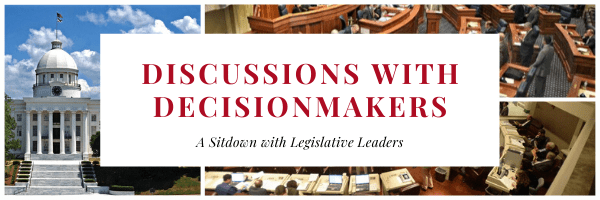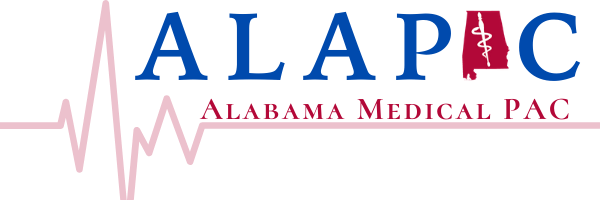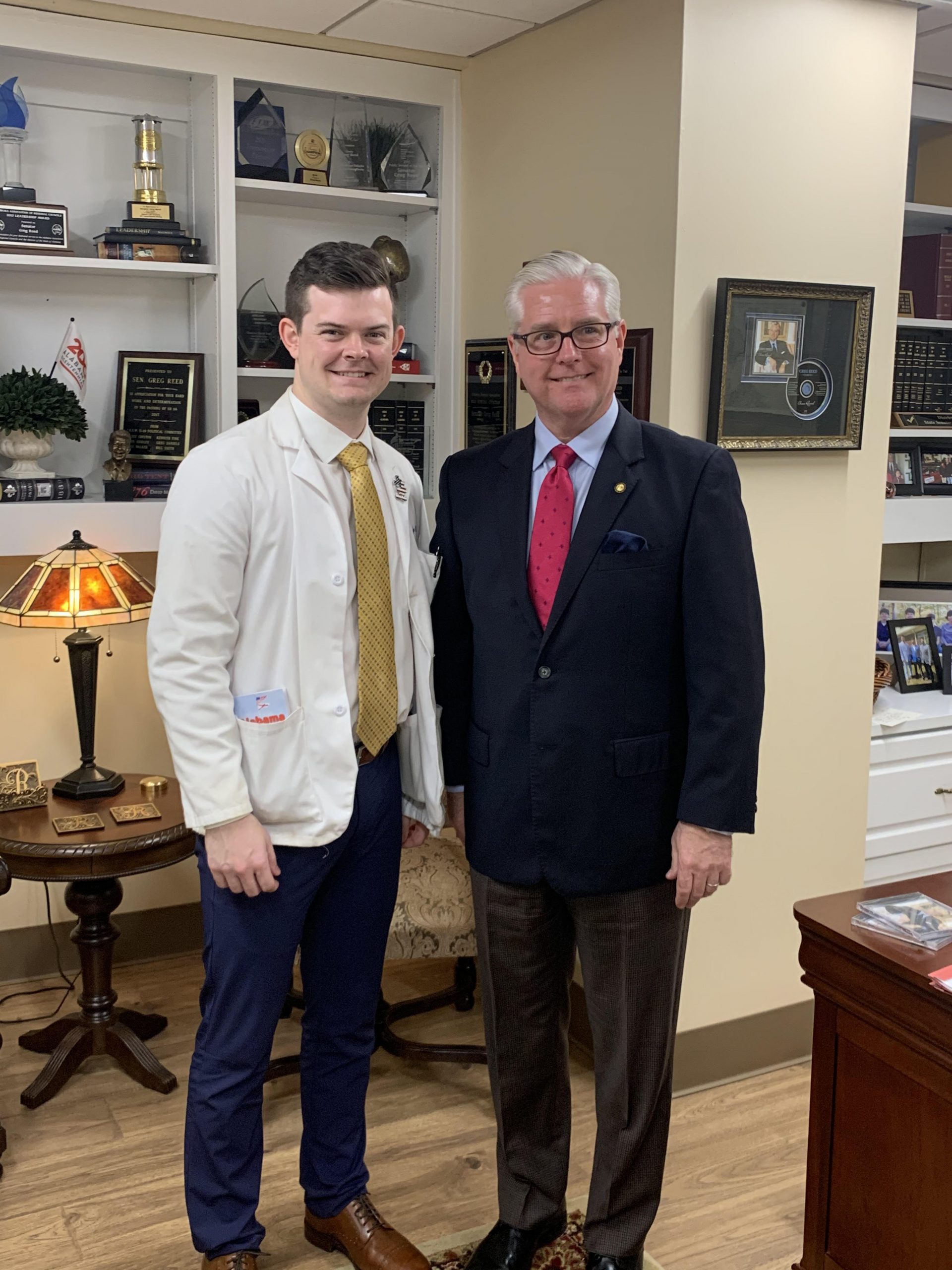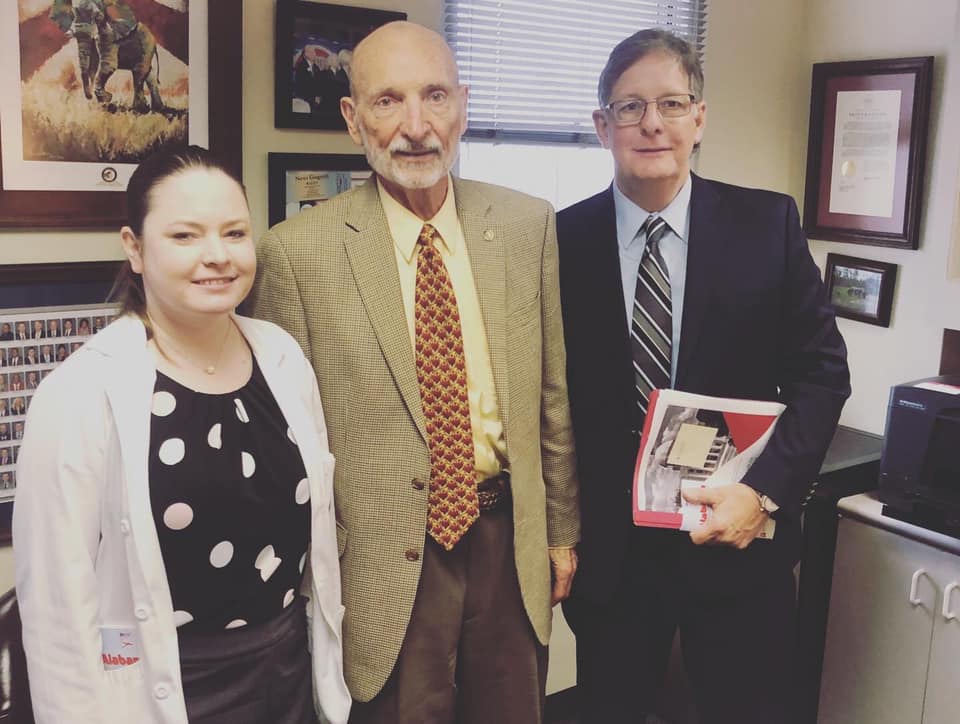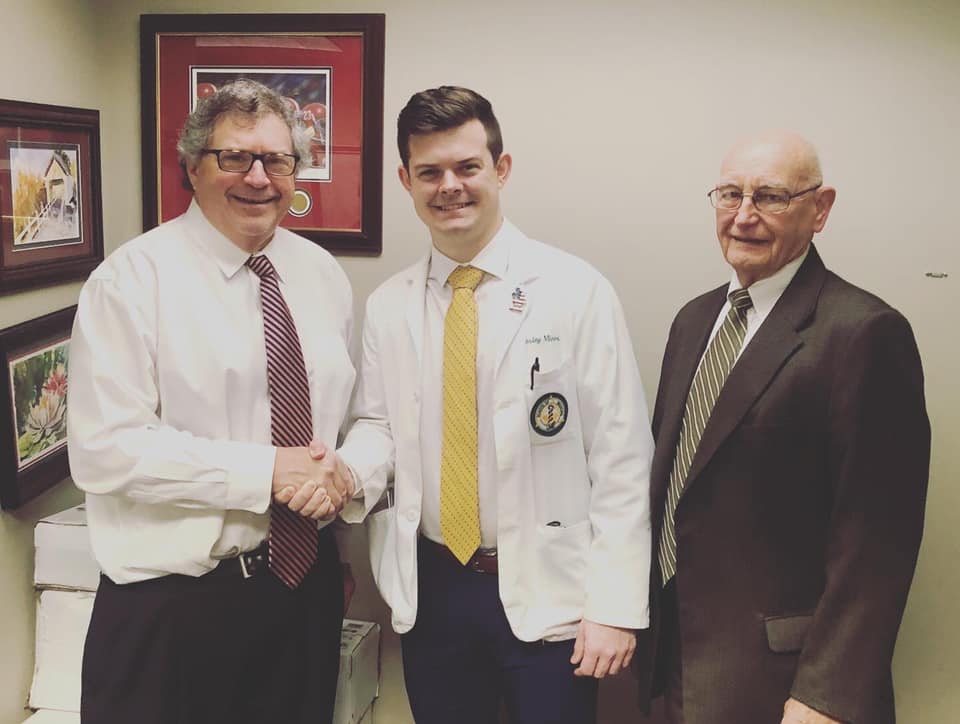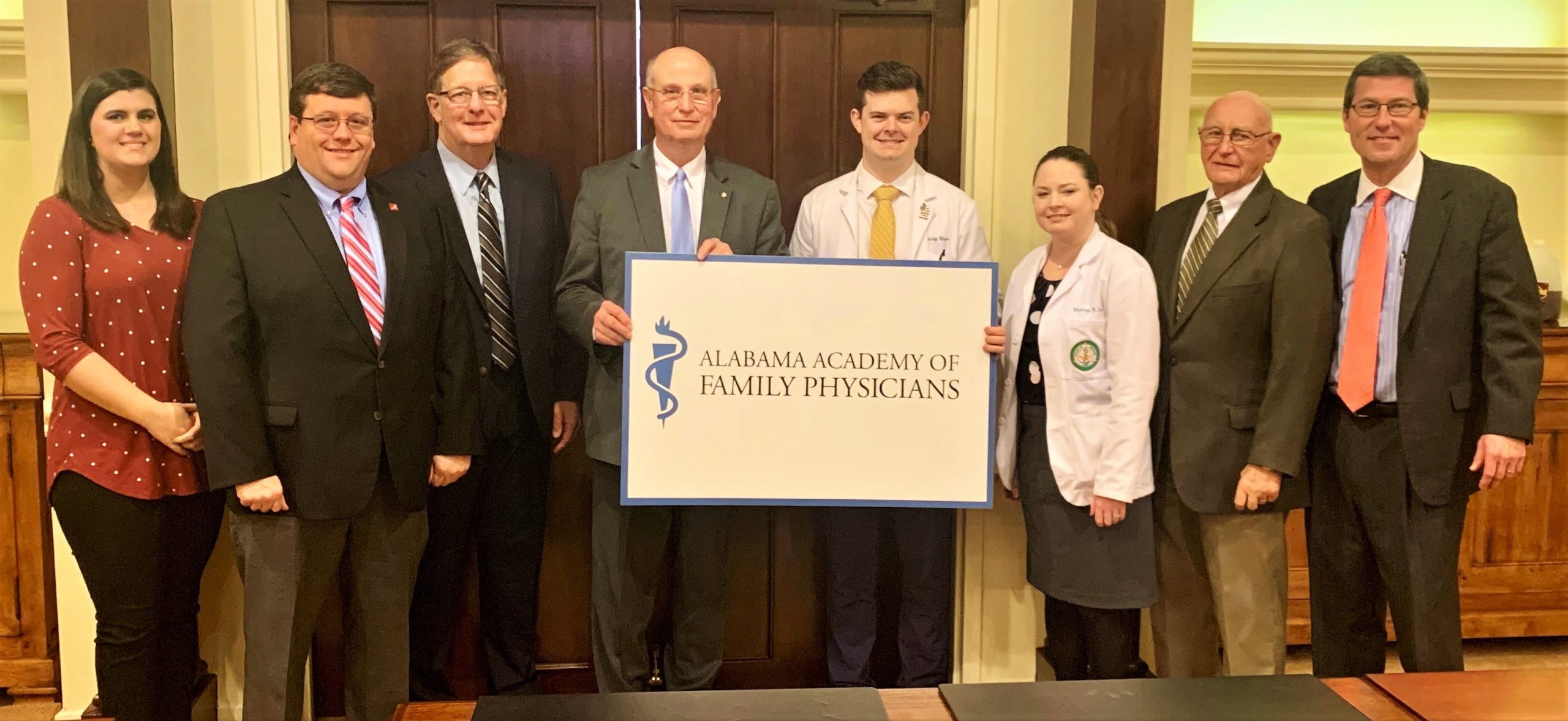Posted by Mallory Camerio on November 10, 2020
By: Jim Hoover
Millions of American businesses and self-employed individuals applied for and received Paycheck Protection Program (PPP) loans authorized by the CARES Act. PPP loans are obtained from a bank and guaranteed by the Small Business Administration (SBA). The processes for obtaining loans and loan forgiveness are ripe for many types of possible litigation including administrative, civil, and criminal.
Businesses and individuals were required to provide documents and information and make important certifications to their bank when they applied for a PPP loan. The certifications included the eligibility of the business or individual for a PPP loan meeting the many requirements of the CARES Act. In a PPP loan application a borrower also had to certify that “[c]urrent economic uncertainty make this loan request necessary to support the ongoing operations of the Applicant.”
The CARES Act also allows PPP loans to potentially be forgiven subject to many conditions. Businesses and individuals seeking PPP loan forgiveness must provide additional documents and yet more certifications through an application filed with their PPP lending bank. It is the responsibility of the borrower to provide an accurate calculation of loan forgiveness and to attest to the accuracy of its reported information.
PPP loans under the CARES Act will be audited. The Department of the Treasury announced that all PPP loans over $2 million will be audited; other PPP loans will also certainly be audited. For example, borrowers that seek forgiveness of a PPP loan increase their likelihood of being audited, and not limited just to forgiveness, but eligibility of the borrower for the loan and the accuracy of certifications made by the borrower in the borrower’s PPP loan application.
The SBA also reserves the right to review and audit all PPP loans and related loan issues, including eligibility, borrower certifications, and forgiveness. The SBA may review whether a borrower calculated its loan amount correctly and whether the borrower used loan proceeds for allowable purposes. The SBA issued guidance stating that a borrower who received a PPP loan of less than $2 million will be deemed to have made this required certification in good faith. For borrowers who received a PPP loan of $2 million or more, the borrower may have to prove that its application was based on current economic uncertainty and that the PPP loan was necessary to support ongoing operations of the borrower. If the SBA determines in the course of its audit/review that a borrower lacked an adequate basis for the required certification concerning the eligibility of the loan request, the SBA will seek repayment of the outstanding PPP loan balance and determine that the borrower is not eligible for loan forgiveness. If the borrower repays the loan after receiving notification, the SBA has announced that it will not pursue administrative enforcement or make referrals for enforcement to other agencies.
Applicable to forgiveness, the SBA states that, to receive loan forgiveness, a borrower must complete and submit the Loan Forgiveness Application (or equivalent bank form) to the PPP lending bank (or the lender that is servicing the PPP loan). The bank will review the application and make a decision regarding loan forgiveness. Banks are expected to perform a good-faith review, in a reasonable time, of the borrower’s calculations and supporting documents concerning amounts eligible for loan forgiveness. The lender must issue a decision to the SBA regarding a loan forgiveness no later than 60 days after receipt of a completed loan forgiveness application.
That decision may take the form of an approval (in whole or in part), denial, or (if directed by the SBA), a denial without prejudice due to a pending SBA review of the loan for which forgiveness is sought. In the case of a denial without prejudice, the borrower may subsequently request that the bank reconsider its application for loan forgiveness, unless the SBA has determined that the borrower is ineligible for a PPP loan. If the bank determines that the borrower is entitled to forgiveness of some or all of the amount applied for, the SBA will, subject to any SBA audit or review of the loan or loan application, remit the appropriate forgiveness amount to the bank. If the bank denies forgiveness, in whole or in part, the bank must notify the borrower in writing that the lender has issued a decision to the SBA denying the loan forgiveness application. The SBA reserves the right to review the bank’s decision in its sole discretion. Within 30 days of notice from the bank, a borrower may request that the SBA review the bank’s decision.
In the event the SBA reviews or audits a borrower’s PPP loan, the SBA will notify the bank, who is required to notify the borrower in writing within five (5) business days of receipt of notice from the SBA and to request information from the borrower. The SBA may also request information directly from the borrower. A borrower’s failure to respond to the SBA may result in a determination that the borrower was ineligible for a PPP loan or ineligible to receive the loan amount or loan forgiveness.
If the SBA determines in the course of its audit or review that the borrower was ineligible for a PPP loan, the loan will not be eligible for forgiveness. If only a portion of the loan is forgiven, or if the forgiveness request is denied, any remaining balance due on the loan must be repaid by the borrower on or before the two-year maturity of the PPP loan.
The CARES Act created the new “Office of the Special Inspector General for Pandemic Recovery,” whose task is to “conduct, supervise, and coordinate audits and investigations” of the financial assistance programs for businesses. Administrative appeal remedies from disputed PPP audits, including resulting litigation, are presently unclear. While adverse decisions of the Office of Hearings and Appeals are appealable to federal courts, more guidance from the SBA concerning PPP audits and appeal remedies will be issued.
Borrowers must also be aware of the Federal False Claims Act (“FCA”). Under the FCA, a claim generally means any request or demand, whether under a contract or otherwise, for money or property that–(i) is presented to an officer, employee, or agent of the United States; or (ii) is made to a contractor, grantee, or other recipient, if the money or property is to be spent or used on the Government’s behalf or to advance a Government program or interest, or (iii) will reimburse such contractor, grantee, or other recipient for any portion of the money or property which is requested or demanded. 31 U.S.C. § 3729. Federal courts have ruled that loan applications are “claims” for FCA purposes. Thus, a PPP loan and any corresponding forgiveness is subject to the “False Claims Act.” In fact, government authorities are beginning to focus substantial resources on CARES Act fraud and abuse. Although the U.S. Department of Justice began indicting borrowers in connection with PPP fraud as early as May of this year, on September 10, 2020, federal authorities charged 57 people in jurisdictions across the U.S. with “stealing” $175 million from the PPP. Additionally, a government report issued in September found “tens of thousands of loans could be subject to fraud, waste, or abuse.” The U.S. Government Accountability Office further reported to the U.S. House of Representatives that the SBA’s fraud hotline had received more than 42,000 reports of alleged fraud.
Because of the many types of litigation, it is important that recipients of PPP loans and other financial assistance programs, carefully review their applications and requests for forgiveness to ensure they have met all of the programs’ requirements.
Jim Hoover practices with Burr & Forman LLP and works exclusively within the firm’s Health Care Industry Group and primarily handles healthcare litigation and compliance matters.
